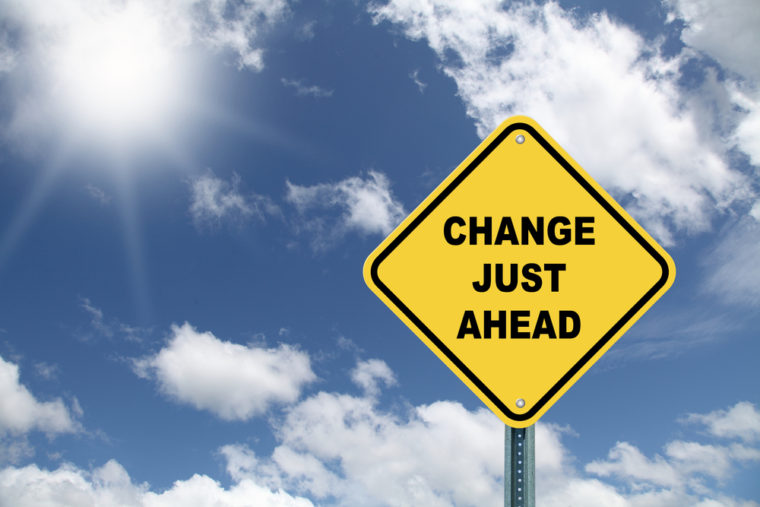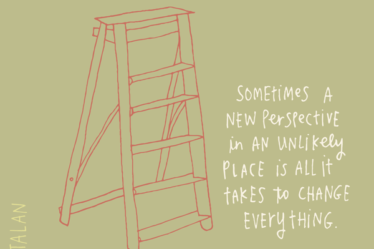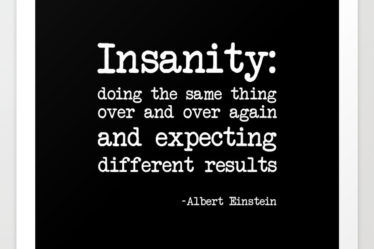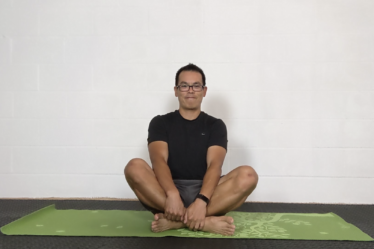
I began teaching a new style of yoga just after the new year, and while the differences were minor, it was pointed out to me by several students that the transitions were what stood out to them. The number of them, the difficulty level, the energy required, and the overall challenge.
When I was learning this sequence myself a few years ago, it was indeed the transitions that were one of the major barriers to “progressing” through the series to be given more postures. One must build up the endurance and strength to be able to complete the entire practice in a reasonable amount of time, without overdoing it and without harming yourself. As challenging as the transitions are to me even to this day, it is also where I have learned the most about myself as an individual. Do I skip some? Do I half-ass it? Do I muddle my way through? Do they feel light and airy today, or do I feel like I’m trudging through mud? Every day is different in my body and in my mental and emotional reaction to them.
As I have taken these lessons off the mat and into my everyday life, I have realized that transitions define you. Not to be cliche, but life is a journey, not a destination. How you get from point A to point B shows us who we are. It shows others who we are. Do you move with grace and ease, slow and with control, with intention and purpose? Do you work hard and struggle through, learn from your experience? With perseverance does each repetition become a little simpler, a little more fluid? Do you push too hard, force things, and fall down or perhaps injure yourself? Do you hold back, not challenging yourself, and maybe prevent a little growth all in an effort to protect yourself in some way? None of these are inherently bad or good. Right or wrong. What’s important is that we take pause to notice and reflect. What are our habitual responses to the changes that life throws our way. Are they serving us (or others) in a way that is healthy and productive?
To begin, let us first recognize that some transitions we choose (going to college, getting married, changing jobs) while others are forced upon us (death of a loved one, declining health, aging, getting fired). All of these examples are major life changes, but there are also numerous pivot points and challenges in our daily lives that we must adjust to and account for (a child gets sick and you miss a day of work, a storm caused the electricity to go out and you can’t submit your work/homework on time, your heart was set on making a particular dish for dinner and find out that your spouse/child/roommate ate the last of some critical ingredient). All of these changes, big or small, ask you to change your mindset, reframe your expectations, and transition towards a new course of action. This my friend, is where it gets sticky.
Transitions are hard. Anyone who has children has probably learned by now how to manage expectations and prepare their kids (as best we can) for what is coming next. A toddler at a park for example needs to know when the fun will end. They need SEVERAL warnings (10 minutes, 5 minutes, 2 minutes, 1 minute, okay do your last fun thing) AND perhaps even a reward (er…positive reinforcement) for leaving without a tantrum. No one REALLY likes change. We like to know exactly what to expect. It is comfortable and it is easy. Transitions ask us to let go of that comfort and have faith in the unknown. Your choices and behaviors in these moments define your character. These are the moments that people remember. Do you struggle and squirm? Do you sit with the discomfort? Do you lash out? Do you retreat or bury your head in the sand? Do you throw a hypothetical (I hope) tantrum like a toddler leaving the park for nap time?
As our nation prepares for a pivotal transition, I hope that some of these thoughts and questions have allowed you to take a moment and look within. Perhaps you discovered something about yourself you didn’t know. Perhaps you realized the need to make a change and break a particular pattern of behavior that no longer serves you. I also hope that by looking deeper within, you are able to perhaps understand others and how they too are dealing with challenges and transitions in ways that may be different than your own. Not right. Not wrong. Just different.


